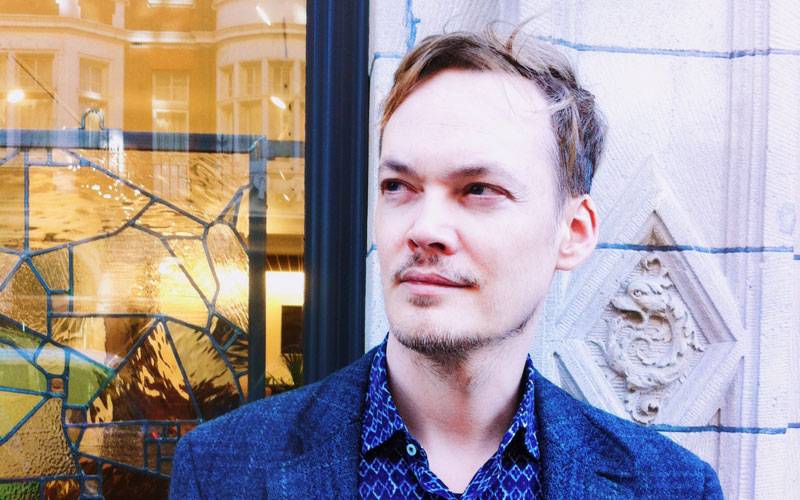Jeff is Professor of Communication, Head of the Department of Culture, Communication and Media and Vice-Dean (Health) at the IOE - Faculty of Education and Society.

What is your role and what does it involve?
I'm Vice Dean Health for the IOE, Faculty of Education and Society, and Head of the Department of Culture, Communication and Media. My role as Vice Dean is to draw out and make visible the expertise that our faculty has in health, identify synergies, and promote collaboration in this area. We are perhaps best known for our work in education, but we also have an extensive portfolio of research on mental health and wellbeing, health promotion, health inequalities, and health policy, and lots of experience in engaging with children, families and vulnerable groups, schools, and local communities.
How are you improving the health of the public?
My own research is focused on communication in clinical settings. I spent a fair bit of time looking at interprofessional communication and the ways in which teams share information, coordinate their actions, jointly read the patient's body, make decisions, and support less experienced members of the team. More recently I've been looking at communication where tensions or conflicts arise with patients, for example, in communication with paramedics. My work is about building a detailed evidence base of communication processes to inform training and other interventions to improve the health and wellbeing of patients and health professionals.
What do you find most interesting or enjoyable about your work?
Bringing the theories and methods of my home discipline, applied linguistics, to bear on the practice of healthcare. It's a reciprocal relationship: through close observation of clinical work, I can test and refine current understanding in my discipline of, say, the verbal and non-verbal ways in which people recruit others to assist them. By introducing this language to clinical training, I can help illuminate the different ways in which, say, anaesthetists in a resuscitation team get others to hand them what they need as they are intubating the patient, and render visible the relative success of the different strategies
How have cross-disciplinary collaborations shaped your work?
Working with colleagues from other disciplines means you can't take any of your own research ideas and ways of working as given; you often need to bridge quite different approaches to researching and talking about the world to define a common interest. This can be challenging, but it's well worth it! It has made me appreciate the possibilities and limitations of the perspectives, methods, and ideas of different disciplines. When there is that mutual appreciation and recognition of complementarity, cross-disciplinary collaborations can indeed be very productive and stimulating.
What advice would you offer to others interested in developing cross-disciplinary work?
Assume your colleagues may have quite different views on what and who research is for and how it ought to be conducted. Try to understand their research values, principles, and languages, and be prepared to articulate and reflect on your position in this regard. Invest in long-term partnerships, so that when that funding opportunity does come around, you don't need to do all that groundwork anymore.
What's next on the research horizon for you?
I'm about to start a new research project with Jonathan Smith, a health psychologist at Birkbeck, and Tim Bonnici, an ICU physician at UCH, that will be exploring the communication between ICU staff and families of critically ill patients. We want to better understand what their interactions look like, how their relationship evolves throughout the patient's journey, and how this relationship can be shaped to reduce negative psychosocial outcomes such as anxiety, stress, and grief disorder.
If you could make one change in the world today, what would it be?
Solving the workforce crisis in the NHS. With 122,000 unfilled posts, there are not enough health professionals to keep up with the growing demand for care, resulting in longer waiting times. Staff satisfaction is also low and falling, so there's a lot of work to do here.
 Close
Close

